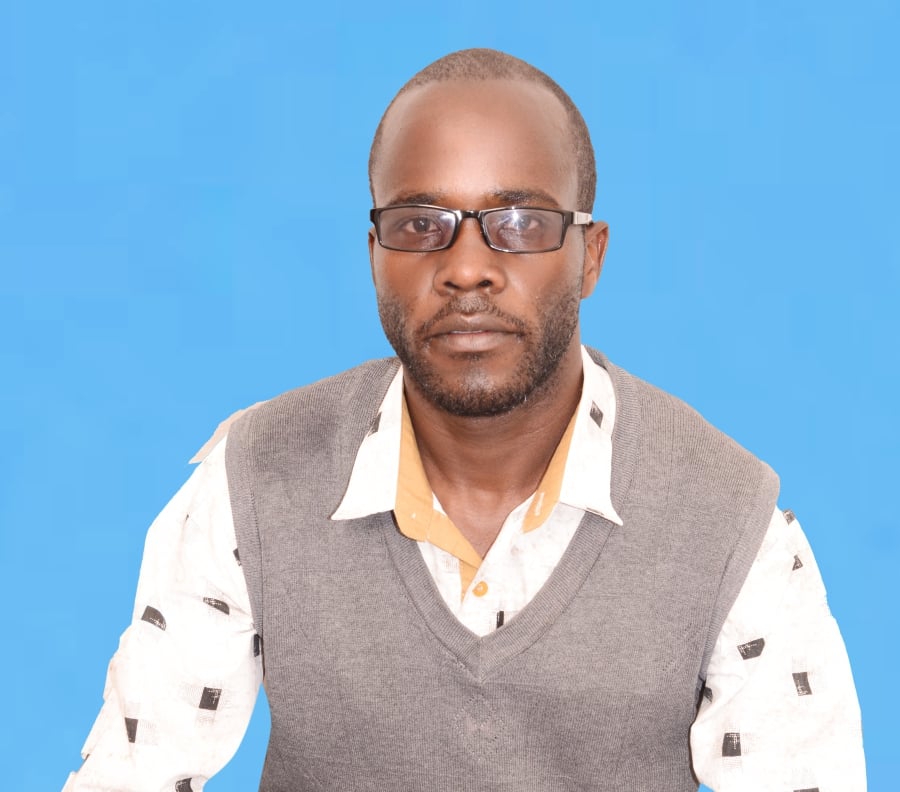Local communities to benefit from tourism revenue, says govt

Tourists at the Bwindi Impenetrable National Park. FILE PHOTO
Today, Uganda joins the rest of the world to celebrate World Tourism Day, a day where people world over join together to reflect on the importance and benefits that accrue from tourism.
In the Ugandan context, due to Covid 19, virtual celebrations are being held at Sheraton Hotel, Kampala under the theme, “Tourism for Inclusive Growth.”
According to the tourism ministry Public Relations Officer, Ms Eunice Kansiime Tworekirwe, the day focuses of improving the sector especially at a time when the country is grappling with the impact of Covid-19.
Ms Kansiime noted that the ministry is looking at ensuring that the revenue sharing program goes down to benefit the local people surrounding national parks and protected areas as opposed to having the “big shots” benefiting.
Revenue sharing is where the Uganda Wildlife Authority (UWA) shares some of the money it earns from tourism with communities neighbouring the national parks and wildlife reserves.
The amount of money varies depending on the number of tourists who visit the parks. The money from revenue sharing is sent by UWA to the districts that keep 5 percent to cover administration costs and pass the remaining 95 percent on to the sub counties for the agreed projects.
“Anyone involving in the sector should be supported, not only the known big investors. The ministry is trying to make sure that even someone selling tomatoes, firewood, art pieces can be visible,” she said.
“We are looking at how we can trickle down the revenue sharing from tourism. We have always had the big shots benefiting and earning big yet the people living within the areas surrounding tourist attraction centres are the ones that suffer most with animals. We want to grass root person to benefit from the revenue sharing program. Revenue sharing has been increased from 20 to 30 percent,” she further explained.
Ms Kansiime also noted the need to have stop centres along the tourism corridors in the country, which she says will improve visibility of the untapped, but very important areas.
“I have recently suggested that government focuses on improving the visibility of tourism stop centres along our tourism corridors as you go to the protected areas or tourism sites. As tourists go to visit these prominent tourism sites, where is that place where someone can stop and find something in these central distribution places that is unique in that particular region and region? Tourists need more of such places where they can stop and see what we have in form of artifacts, history of some areas, domestic tourism areas, among others,” she told this reporter.





